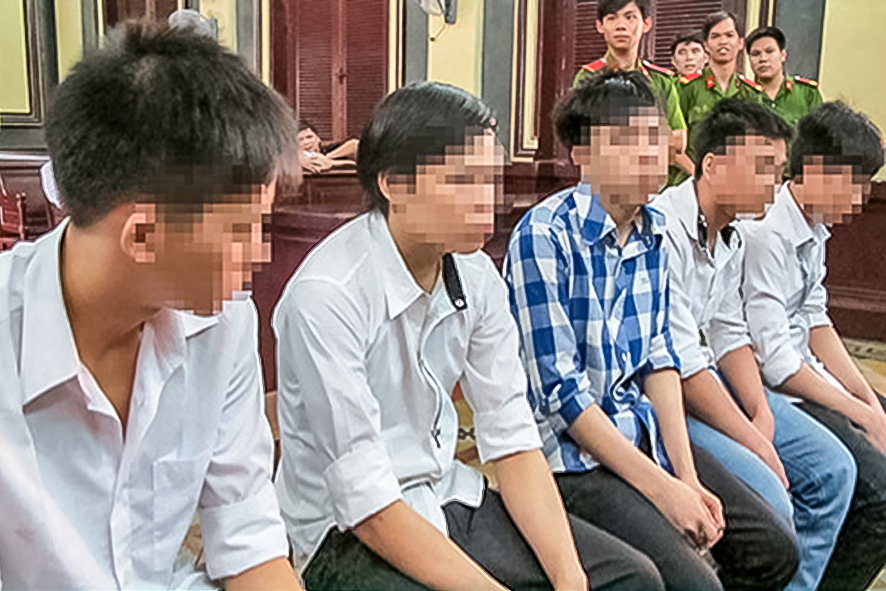Currently, the rate of individuals under 14 years old committing crimes is very high. However, according to the provisions of the Criminal Code 2015, individuals under 14 years old who commit crimes are not subject to criminal responsibility. So, if a crime is committed, how will individuals under 14 years old be handled?

Illustrative image
According to the current legal regulations, individuals under 14 years old who commit crimes may be subject to administrative handling measures as stipulated in Article 90 and Article 92 of the Law on Handling Administrative Violations 2012. Specifically:
- Individuals from 12 years old to under 14 years old who perform acts showing signs of a very serious crime committed intentionally, as stipulated in the Criminal Code, shall be subject to educational measures at the commune, ward, or township level;
- Individuals from 12 years old to under 14 years old who commit acts showing signs of an exceptionally serious crime committed intentionally, as stipulated in the Criminal Code, shall be subjected to measures of being sent to reformatory schools.
Thus, the law has not yet stipulated handling measures for individuals under 12 years old who commit crimes or individuals from 12 years old to under 14 years old who commit serious or less serious crimes. In such cases, the only actions that can be taken are to educate and correct the child within the family so that they have the best physical and mental conditions to gradually recognize and rectify their wrongdoing.
Additionally, according to Article 586 of the Civil Code 2015, in cases where an individual under 14 years old causes damage, the compensation for property will be handled as follows:
- If there are still parents, the parents must compensate for all the damages. If the parents' assets are insufficient for compensation and the child who caused the damage has private assets, those assets will be used to cover the remaining damages, except in cases where the crime is committed during the time the child is directly managed by a school, hospital, or other legal entity;
- If there are no parents but a guardian exists, the guardian can use the assets of the ward to compensate. If the ward has no or insufficient assets to compensate, the guardian must use their own assets for compensation. If the guardian can prove they are not at fault in the guardianship, they do not have to use their assets for compensation.
Thanh Lam
 Article table of contents
Article table of contents





.Medium.png)
.Medium.png)
.Medium.png)
.Medium.png)
